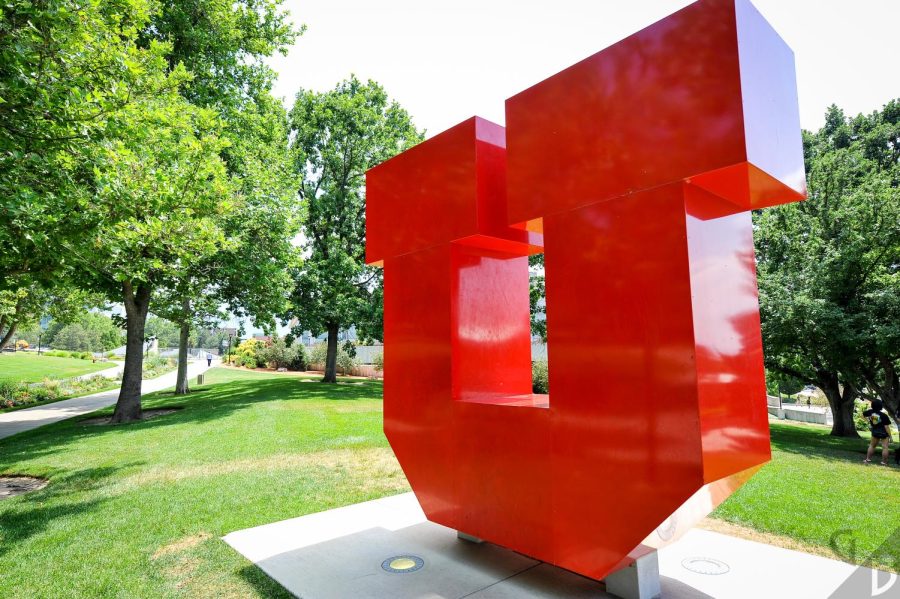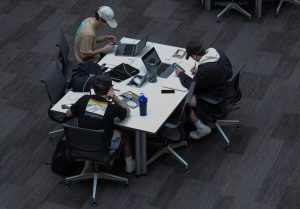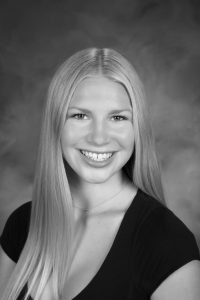New Course on Sexual Violence Among College Students to be Taught Spring Semester
The Block U on the University of Utah Campus in Salt Lake City, Utah on July 12, 2017. (Photo by Adam Fondren | Daily Utah Chronicle)
November 6, 2022
Next semester, University of Utah students will have the option to take a new class centered on eliminating sexual violence.
The class, “Critical Perspectives on Sexual Violence Among U.S. College Students” or ELP 5960/6960, will be taught by Chris Linder, an associate professor in educational leadership and policy director of the McCluskey Center for Violence Prevention at the U. The course will focus on exploring the history and current context relating to sexual violence and will explore ways to address the violence that occurs among college students.
Linder’s teaching approach for this class is to try and flip the narrative around sexual violence, with her curriculum focusing more on terminating sexual violence at its roots instead of putting the pressure on people to avoid violence themselves.
“Historically, most work related to addressing sexual violence among college students focuses on teaching people how not to get harmed,” Linder said. “I really want to turn that on its head and talk about how we can figure out how to teach people not to cause harm in the first place.”
The goal is to teach prevention, said Linder, and she hopes students in the class will learn how to take action against sexual violence in their community and not wait until the damage is already done.
“Everybody [in the class] will design something that’s relevant to them and their communities that they can enact and that cannot be focused on responding to violence after it happens,” Linder said. “It has to be something that is primary prevention, which is focused on ending violence before it ever starts in the first place.”
Jilly Mcbane, a sophomore at the U studying psychology who works at the McCluskey Center for Violence Prevention, said this class addresses sexual violence among different groups other than white women and emphasizes how difficult solving sexual violence actually is.
Mcbane said this class shows, because of the history and complexity of sexual assault and how it affects marginalized communities differently, an “end-all, be-all solution” isn’t really possible.
There are always new perspectives to be heard when it comes to sexual violence, Mcbane said, and it’s okay if students aren’t an expert on this subject. What matters, she said, is that people want to help.
“There’s always more to be learned,” Mcbane said. “We want to do as much as we can to stop people from causing harm.”
While these types of courses are important for students to learn about, forcing students to take these types of classes may be detrimental to the cause, said Linder, and it should be a student’s choice if they want to participate.
“People say well, you should require [these types of courses] for everyone, and I wholeheartedly disagree with that,” Linder said. “There’s research that indicates that mandatory training actually has a boomerang effect and it actually causes people to resist and get defensive and often does more harm than good whenever we require people to engage in training.”
According to Linder, people who want to be engaged will engage, and their influence on the community will likely have more positive effects than if every student was required to do sexual violence training.
“If you engage the people who want to be engaged and you engage those people in really deep ways, then they can go out and influence other people and make a difference that way as opposed to requiring people to do education and training,” Linder said.
The U is doing a great job at taking initiative to prevent sexual violence, said Linder, but common misconceptions about what students think sexual violence really is may be preventing effective action from being taken and may be putting these students in harm’s way.
“We get taught from the time we are little bitty kids that sexual assault is something that happens when somebody jumps out of the bushes and scares you,” Linder said. “In reality, the vast majority of sexual assault happens between two people who know each other and who are consenting to some sort of sexual behavior.”
While sexual violence may seem like a daunting subject, Linder is excited for students in her class to realize that tangible action can be taken against this problem and that this problem is avoidable.
“My favorite parts are the ‘Aha!’ moments,” Linder said. “People sort of have this shift away from [thinking] this problem is just an inevitable part of our lives. There is something we can do about it.”
A permission code is required to take this class in the spring, and Linder is happy to provide it over email for anyone who is interested in this course.












